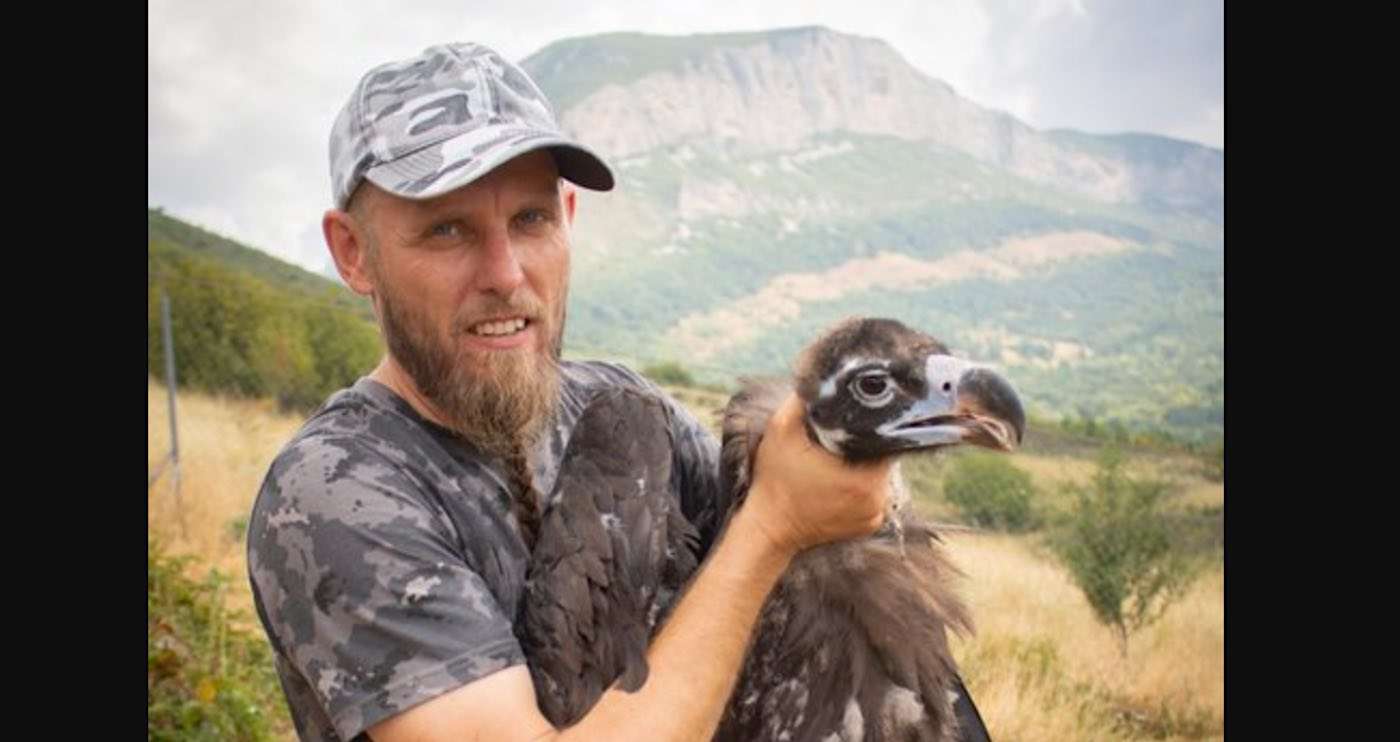Watch the Moment a Dog is Rescued by Volunteers After 26 Hours Down an Old Mine Shaft
Suka the terrier, went missing on Sunday while out for a walk with her owner Ben Weston near St Ives, Cornwall.

Two female Cinereous Vultures flew into the wild skies of Bulgaria—the culmination of a 7-year project that successfully completed its mission on September 3rd, "World Vulture Day"
At the end there were only two of them left in the conservation aviary in the Vrachanski Nature Park in the western part of the Balkan Mountains in Bulgaria.
Finally, these last two females were released as part of the EU-financed LIFE-Project which sought to repopulate the black vultures after the Bulgarian population had died out over sixty years ago.
Since 2018 around 70 young black vultures have been released in various regions of the Balkan Mountains. "After all the reintroductions of recent years, the release of these last two female vultures was still something special," said Hristo Peshev from the Bulgarian partner organization the Fund for Wild Flora and Fauna and one of the biologists involved in the project.
"It will be exciting to see how the vultures acclimatize to their new environment. I am confident that they will be successful, like the majority of the other vultures released into the wild," Peshev told the nonprofit Euronatur.
Despite isolated setbacks, the reintroduction project has been "very successful", with several pairs of the reintroduced birds already raising offspring, both this year and last year—earlier than experts had expected.
Cinereous vultures (Aegypius monachus) are amongst the giants of the European bird world. With a length of a good meter or more (3-feet), and a wingspan nearly as long, these (and the bearded vulture) are Europe's largest birds of prey – and some of the rarest.
Today on the continent there are only about 1,000 pairs of the majestic bird, most of them in Spain. Its reintroduction in the Bulgarian Balkan Mountains will boost the southeastern European population.
Truly, in the last few years, a foundation for the permanent return of the carrion eaters, also known as black vultures, has been laid.
EuroNatur and its local partners will be taking measures to protect the vultures in the long term, with feeding stations maintained and cooperation from farmers in the region continuing.
FLY This Good News to Bird-Watching Friends on Social Media…
Be the first to comment